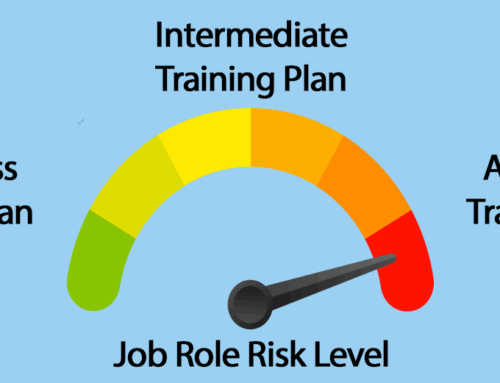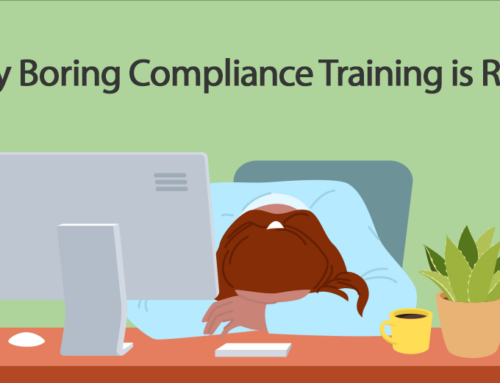Conflict of Interest.
We’ve all heard of a conflict of interest but how do we know if we have a conflict of interest? Trick question because it’s impossible to determine whether your situation is a conflict because you don’t have an independent or objective point of view. If you have any friends or family and you also have a job then more than likely you have potential conflicts of interest. This is why it is so important to disclose your actions and relationships to enable others to determine there is no conflict of interest.
Risky Relationships.
It is okay to have personal relationships at work and concurrently you’re encouraged to do business with your friends and relatives. Relationships are appropriate as long as you provide transparency and disclosure. Clearly demonstrate your business activity and actions are made for the purpose of benefiting your company rather than to benefit you personally. Often this may be complicated because the division between personal and professional benefit is clouded. When in doubt, ask. There is no harm in asking, but there could be a great deal of damage to an individual, the organization, or both by not asking.
Transparency and Disclosure.
Most organizations have a policy to address conflicts of interest. Typically, the employer will ask employees to disclose relationships which may appear to be a conflict of interest. This is an opportunity to protect yourself from any wrong perceptions. The disclosure process is to help you be transparent and accountable for your actions and decisions at work. It is always best to disclose upfront rather than try to explain or justify later. Disclosure of a potential conflict of interest does not make it an actual conflict, but does help eliminate the perception of an inappropriate relationship or activity. It’s important to disclose both potentially perceived and actual conflicts of interest to allow others to evaluate the matter and make the decision rather than keep it to yourself which may create a legal or ethical situation.
Potential or Actual?
 Perception happens when an individual observes a behavior or activity and draws a conclusion. Perceiving a conflict of interest does not make it a conflict of interest but it is critical to to be transparent and disclose any potential perception to maintain integrity and accountability. Being open and frank is more important when dealing with actual and potentially perceived conflicts of interest. Disclosure is the true test of verifying whether a matter is perceived or an actual conflict of interest.
Perception happens when an individual observes a behavior or activity and draws a conclusion. Perceiving a conflict of interest does not make it a conflict of interest but it is critical to to be transparent and disclose any potential perception to maintain integrity and accountability. Being open and frank is more important when dealing with actual and potentially perceived conflicts of interest. Disclosure is the true test of verifying whether a matter is perceived or an actual conflict of interest.





